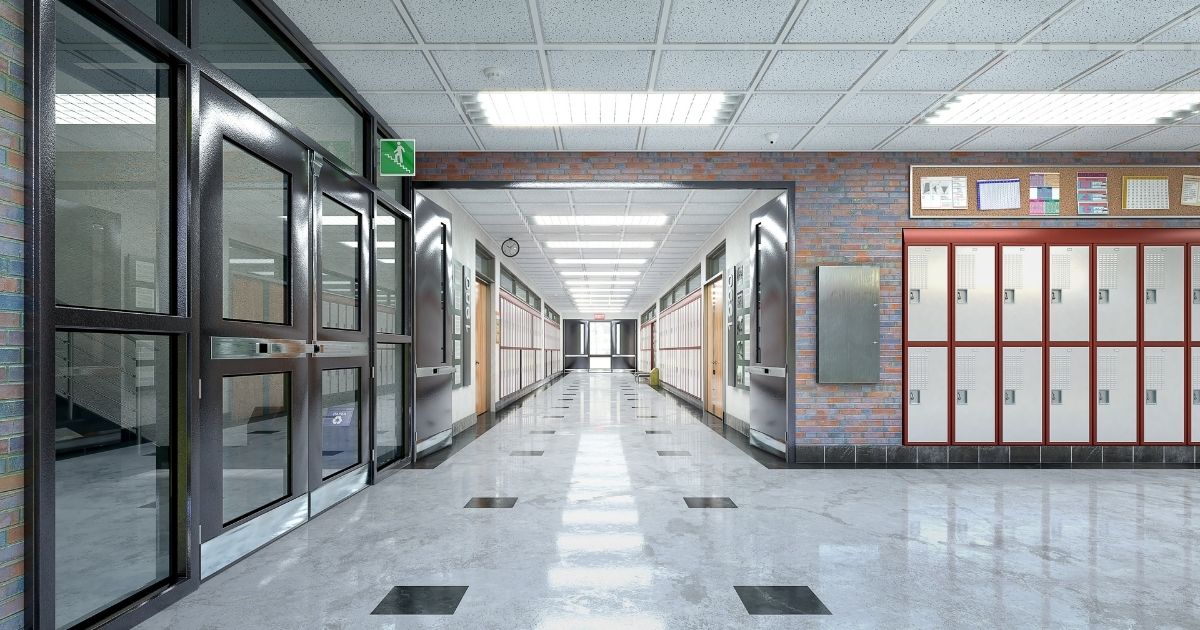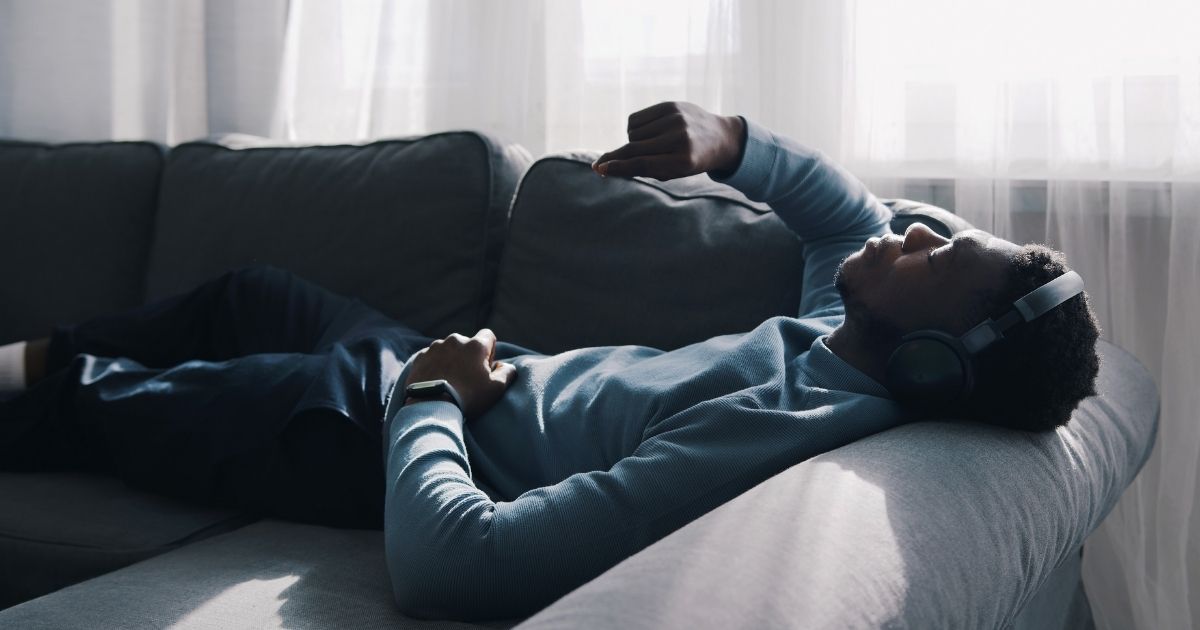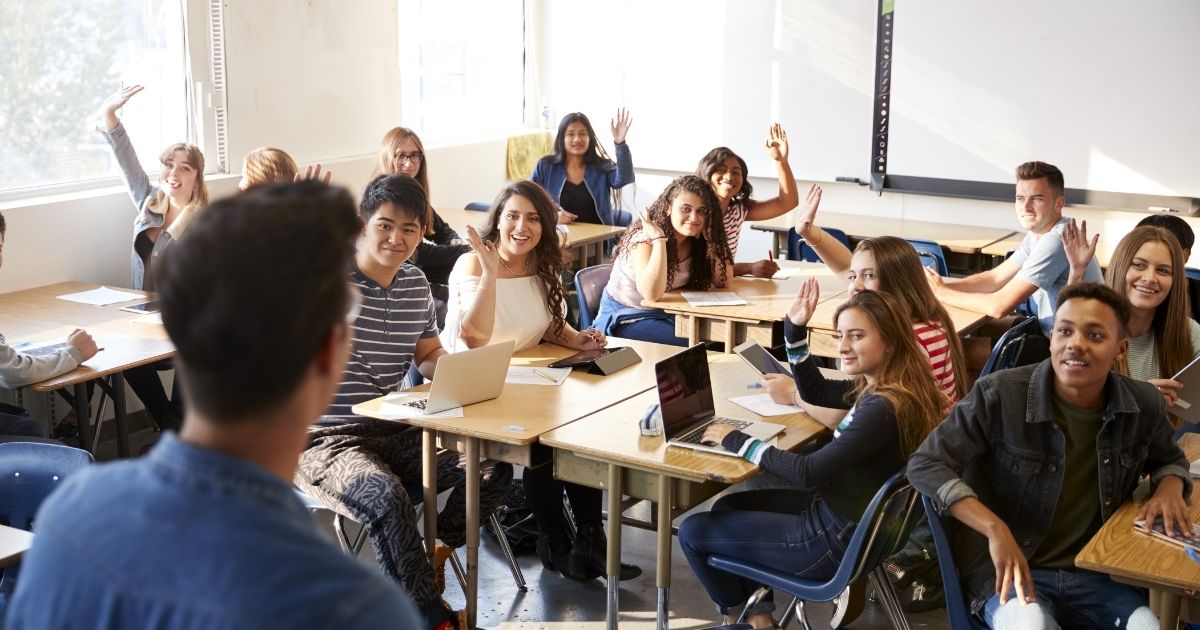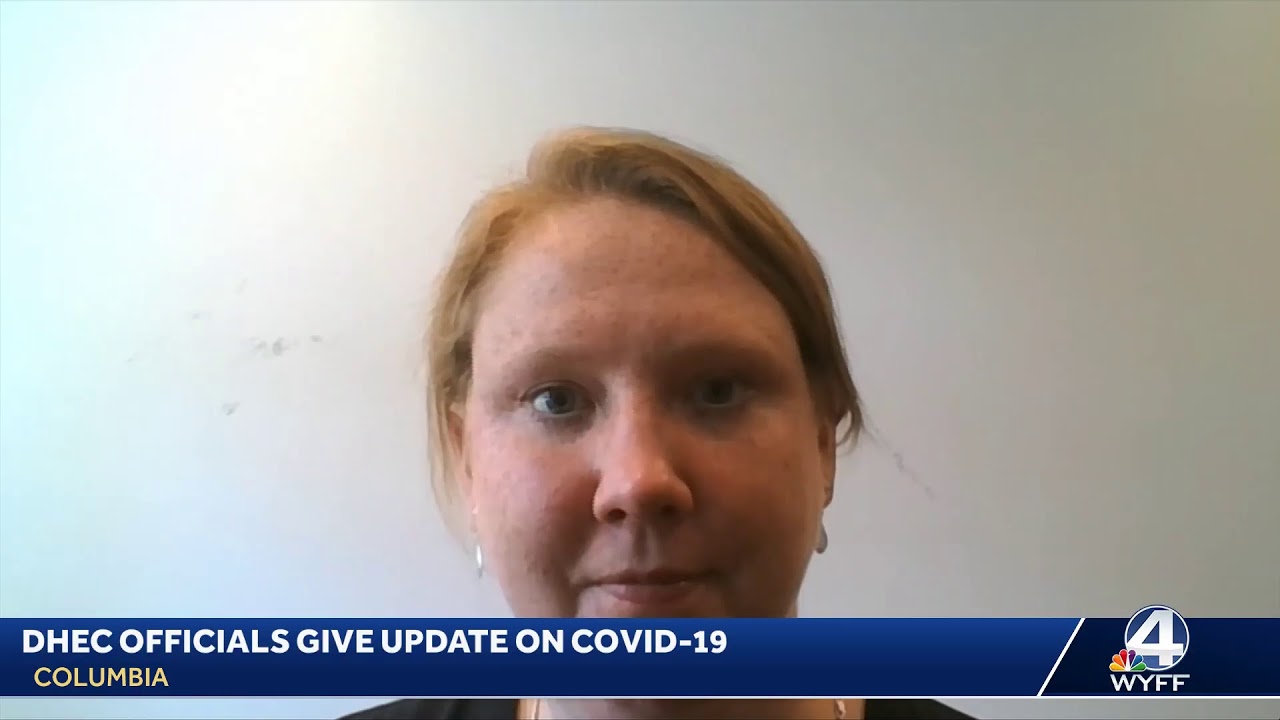
The Wisconsin Supreme Court has ruled Gov. Tony Evers cannot postpone Tuesday’s primary election.Evers issued an executive order Monday delaying Wisconsin’s primary election until June 9 amid fears of the spread of the coronavirus.Republicans filed a motion asking the court to grant an emergency restraining order prohibiting Evers’ order be carried out. “The state’s highest court has spoken: the governor can’t unilaterally move the date of the election,” Assembly Speaker Robin Vos (R-Rochester) and Senate Majority Leader Scott Fitzgerald (R-Juneau) said in a joint statement. “We are proud that Wisconsinites have come together to meet the challenges that this pandemic has created. The safety and health of our citizens have always been our highest concern; that’s why we advocated for everyone to vote absentee. Wisconsin has responded in droves. Over a million ballots have been requested for tomorrow’s election. We continue to believe that citizens should be able to exercise their right to vote at the polls on Election Day, should they choose to do so.” That motion was granted late Monday afternoon by a vote of 4-2 that Evers lacked the authority to move the election on his own.The ruling reinstates election day voting for Tuesday.Evers ordered the lawmakers meet in special session Monday morning to pass legislation for a later election day.The Republican-controlled Legislature ignored the request and closed the session without any lawmakers present.Evers also ordered the Legislature to meet in special session Tuesday to consider the new date.The Supreme Court upheld that part of the executive order.Lawmakers will meet at 2 p.m. Tuesday.”Frankly, there’s no good answer to this problem — I wish it were easy,” Evers said. “I have been asking everyone to do their part to help keep our families, our neighbors, and our communities safe, and I had hoped that the Legislature would do its part — just as the rest of us are — to help keep people healthy and safe. But as municipalities are consolidating polling locations, and absent legislative or court action, I cannot in good conscience stand by and do nothing. The bottom line is that I have an obligation to keep people safe, and that’s why I signed this executive order today.” All ballots already cast will be counted. Milwaukee County officials also issued an executive order Monday declaring all municipal in-person polling places shall not open and must remain close.But a spokesman said it’s still unclear what Milwaukee County is going to do with Supreme Court order and its own to keep polls closed.”Just as the right to free speech is not limitless, the right to vote does not trump the more fundamental rights to life, health and safety,” Milwaukee County Executive Chris Abele said. “If forced to proceed with in-person voting during the coronavirus pandemic, the right to vote would be elevated above the right to life, health and safety — this idea is contrary to the most basic constitutional principles.”The Wisconsin election is being viewed as a national test case in a broader fight over voter access in the age of coronavirus with major implications for the presidential primary contests ahead — and possibly, the November general election.”Gov. Evers’ action today firmly places him on the right side of public health and the right side of history. Wisconsin citizens can be proud that he is saving lives and bolstering our democracy,” Milwaukee Mayor Tom Barrett said. While several states had scheduled primaries in recent weeks, Wisconsin was alone in moving ahead with in-person voting in the midst of the pandemic.The move was even more extraordinary given Evers’ stay-at-home order issued last month.Dozens of polling places have been closed. Evers and Republicans initially agreed it was imperative for the election to proceed because hundreds of offices were on the ballot Tuesday for terms that begin in two weeks. There is also a state Supreme Court election putting the conservative incumbent against a liberal challenger. The state and national Democratic parties, along with a host of other liberal and voter advocacy groups, filed federal lawsuits seeking a delay in the election and other changes. A federal court judge last week handed Democrats a partial win, allowing for absentee ballots to be counted through April 13, delaying the reporting of election results until then.But the judge, and later a federal appeals court, declined to postpone the election. Republicans have appealed to the U.S. Supreme Court, asking that it not allow absentee ballots to be counted beyond Tuesday. The court is considering whether to take action. Meanwhile, mayors across the state, including Democrats in Wisconsin’s two largest cities of Milwaukee and Madison, urged Evers not to hold the election out of public safety concerns. Evers previously said he doesn’t have the legal authority to do that and has instead called on the Legislature to make it a mail-in election, as was done in Ohio. Thousands of poll workers have said they won’t work on Tuesday, leading Milwaukee to reduce its planned number of polling sites from 180 to just five. The National Guard was distributing supplies, including hand sanitizer, to polling sites across the state. More than 2,400 guard members have been mobilized to serve as poll workers, if needed.In Madison and other cities, workers were erecting plexiglass barriers to protect poll workers and voters were encouraged to bring their own pens to mark the ballots. As of Monday morning, a record-high 1.2 million absentee ballots had been requested and more than 724,000 had been returned. Democrats fear if the Supreme Court reverses the judge’s ruling, and cuts short the amount of time those ballots can be returned and still counted, thousands of voters will be disenfranchised and not have their votes counted.The Wisconsin Elections Commission said it was still preparing for the primary. The commission urged voters to be patient and safe when voting and to be prepared for a change in their voting location due to consolidations caused by a lack of poll workers. Wisconsin’s chief elections official Meagan Wolfe said Monday election officials were working to make sure polling sites were safe. Wolfe told voters to be aware their polling site may be different than it was in prior elections.The elections commission was also advising voters to wash or sanitize their hands before voting and then again at the polling location. It also asked voters to keep face-to-face interactions with poll workers and others brief. Curbside voting options will also be available for people who are ill on Tuesday but still need to vote.The Associated Press contributed to this report.
The Wisconsin Supreme Court has ruled Gov. Tony Evers cannot postpone Tuesday’s primary election.
Evers issued an executive order Monday delaying Wisconsin’s primary election until June 9 amid fears of the spread of the coronavirus.
Advertisement
Republicans filed a motion asking the court to grant an emergency restraining order prohibiting Evers’ order be carried out.
“The state’s highest court has spoken: the governor can’t unilaterally move the date of the election,” Assembly Speaker Robin Vos (R-Rochester) and Senate Majority Leader Scott Fitzgerald (R-Juneau) said in a joint statement. “We are proud that Wisconsinites have come together to meet the challenges that this pandemic has created. The safety and health of our citizens have always been our highest concern; that’s why we advocated for everyone to vote absentee. Wisconsin has responded in droves. Over a million ballots have been requested for tomorrow’s election. We continue to believe that citizens should be able to exercise their right to vote at the polls on Election Day, should they choose to do so.”
That motion was granted late Monday afternoon by a vote of 4-2 that Evers lacked the authority to move the election on his own.
The ruling reinstates election day voting for Tuesday.
Evers ordered the lawmakers meet in special session Monday morning to pass legislation for a later election day.
The Republican-controlled Legislature ignored the request and closed the session without any lawmakers present.
Evers also ordered the Legislature to meet in special session Tuesday to consider the new date.
The Supreme Court upheld that part of the executive order.
Lawmakers will meet at 2 p.m. Tuesday.
“Frankly, there’s no good answer to this problem — I wish it were easy,” Evers said. “I have been asking everyone to do their part to help keep our families, our neighbors, and our communities safe, and I had hoped that the Legislature would do its part — just as the rest of us are — to help keep people healthy and safe. But as municipalities are consolidating polling locations, and absent legislative or court action, I cannot in good conscience stand by and do nothing. The bottom line is that I have an obligation to keep people safe, and that’s why I signed this executive order today.”
All ballots already cast will be counted.
Milwaukee County officials also issued an executive order Monday declaring all municipal in-person polling places shall not open and must remain close.
But a spokesman said it’s still unclear what Milwaukee County is going to do with Supreme Court order and its own to keep polls closed.
“Just as the right to free speech is not limitless, the right to vote does not trump the more fundamental rights to life, health and safety,” Milwaukee County Executive Chris Abele said. “If forced to proceed with in-person voting during the coronavirus pandemic, the right to vote would be elevated above the right to life, health and safety — this idea is contrary to the most basic constitutional principles.”
The Wisconsin election is being viewed as a national test case in a broader fight over voter access in the age of coronavirus with major implications for the presidential primary contests ahead — and possibly, the November general election.
“Gov. Evers’ action today firmly places him on the right side of public health and the right side of history. Wisconsin citizens can be proud that he is saving lives and bolstering our democracy,” Milwaukee Mayor Tom Barrett said.
While several states had scheduled primaries in recent weeks, Wisconsin was alone in moving ahead with in-person voting in the midst of the pandemic.
The move was even more extraordinary given Evers’ stay-at-home order issued last month.
Dozens of polling places have been closed.
Evers and Republicans initially agreed it was imperative for the election to proceed because hundreds of offices were on the ballot Tuesday for terms that begin in two weeks.
There is also a state Supreme Court election putting the conservative incumbent against a liberal challenger.
The state and national Democratic parties, along with a host of other liberal and voter advocacy groups, filed federal lawsuits seeking a delay in the election and other changes.
A federal court judge last week handed Democrats a partial win, allowing for absentee ballots to be counted through April 13, delaying the reporting of election results until then.
But the judge, and later a federal appeals court, declined to postpone the election.
Republicans have appealed to the U.S. Supreme Court, asking that it not allow absentee ballots to be counted beyond Tuesday.
The court is considering whether to take action.
Meanwhile, mayors across the state, including Democrats in Wisconsin’s two largest cities of Milwaukee and Madison, urged Evers not to hold the election out of public safety concerns.
Evers previously said he doesn’t have the legal authority to do that and has instead called on the Legislature to make it a mail-in election, as was done in Ohio.
Thousands of poll workers have said they won’t work on Tuesday, leading Milwaukee to reduce its planned number of polling sites from 180 to just five.
The National Guard was distributing supplies, including hand sanitizer, to polling sites across the state.
More than 2,400 guard members have been mobilized to serve as poll workers, if needed.
In Madison and other cities, workers were erecting plexiglass barriers to protect poll workers and voters were encouraged to bring their own pens to mark the ballots.
As of Monday morning, a record-high 1.2 million absentee ballots had been requested and more than 724,000 had been returned.
Democrats fear if the Supreme Court reverses the judge’s ruling, and cuts short the amount of time those ballots can be returned and still counted, thousands of voters will be disenfranchised and not have their votes counted.
The Wisconsin Elections Commission said it was still preparing for the primary.
The commission urged voters to be patient and safe when voting and to be prepared for a change in their voting location due to consolidations caused by a lack of poll workers.
Wisconsin’s chief elections official Meagan Wolfe said Monday election officials were working to make sure polling sites were safe.
Wolfe told voters to be aware their polling site may be different than it was in prior elections.
The elections commission was also advising voters to wash or sanitize their hands before voting and then again at the polling location.
It also asked voters to keep face-to-face interactions with poll workers and others brief.
Curbside voting options will also be available for people who are ill on Tuesday but still need to vote.
The Associated Press contributed to this report.










